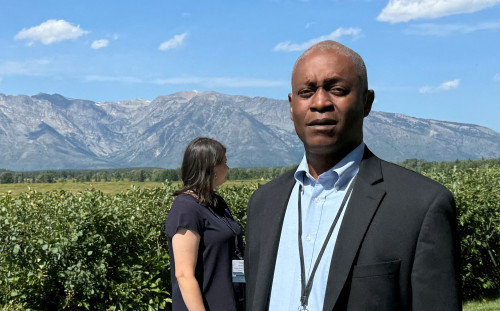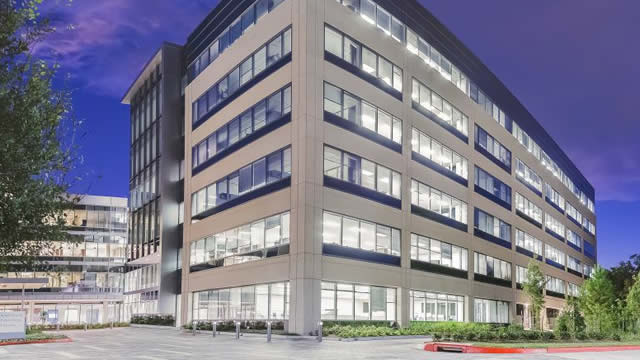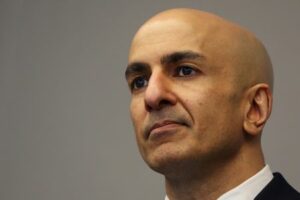By Michael S. Derby
NEW YORK (Reuters) -Atlanta Federal Reserve President Raphael Bostic said on Tuesday a strong economy gives the U.S. central bank time to weigh how tariffs will impact inflation and growth, while remaining open to the possibility of a single interest rate cut at some point later this year.
“I continue to believe the best approach for monetary policy is patience,” Bostic said in an essay released by his regional Fed bank. In a “broadly healthy” economy, “we have space to wait and see how the heightened uncertainty affects employment and prices. So, I am in no hurry to adjust our policy stance.”
Speaking with reporters in a conference call, Bostic noted that in central bank forecasts released by the Fed in March he had penciled in a single rate cut for this year. “I still think there’s space for that, and a lot of it will depend on how the uncertainty resolves itself,” he said.
But Bostic also noted in the call that inflation is still above the Fed’s 2% target and underlying prices are still higher than he’d like. He said it’s “a tough call” whether the Fed would be cutting rates right now if all the trade uncertainty was out of the picture, noting he’s “very cautious about jumping to cuts at this point.”
Bostic, who does not hold a vote on the central bank’s rate-setting Federal Open Market Committee this year, said in the essay the challenges of predicting what’s next for interest rate policy are tied to the huge shifts in trade policy. “There is a great deal of uncertainty out there, making it quite difficult to forecast the economy with confidence.”
The Fed is expected to hold its benchmark interest rate steady in the 4.25%-4.50% range at its next policy meeting on June 17-18, as officials watch the economy to see how it responds to the Trump administration’s erratic implementation of a huge range of import tax increases.
The tariffs are broadly expected to drive up inflation and push employment down, but how much that happens is unclear. The outlook is further occluded by the President Donald Trump’s rapid shifts and pauses, although his retreat from some of the most draconian tariff increases has lowered what had been mounting prospects the U.S. economy would fall into a downturn.
Bostic said in his essay that there are many ways the tariffs could play out, and it’s possible they might simply drive one-time price increases that the central bank can look through. He said that so far, there’s little evidence tariffs have pushed inflation up and that the data seen on the economy has been pretty good despite gloomy sentiment measures.
Bostic wrote “the labor market still appears broadly healthy,” while adding there are some signs of weakness emerging, such as workers finding it is taking longer to get a new position. He added, “so far, these signs have had limited influence on aggregate labor market outcomes.”
(Reporting by Michael S. Derby; Editing by Paul Simao)





